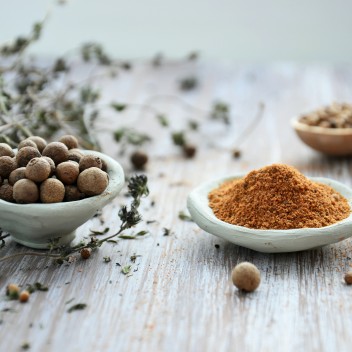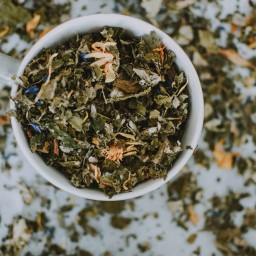Customers like to buy regional products or tend to prefer certain origins for reasons such as locality-related quality or environmental factors such as sustainability.
Isotope ratio mass spectrometry (IRMS) can help answer questions about the geographic origin and authenticity of your herbs and spices at all points of the supply chain.
By determining and interpreting the stable isotope ratios of carbon, nitrogen, sulfur, hydrogen and oxygen of any herb or spice, the so-called isotope fingerprint (consisting of all five ratios) is established which is characteristic for the sample and can be compared to reference data from reference samples from different regions or to a data base.
To achieve high geographical resolution and credible results, we use our global database, as well as our expertise and know-how to provide advanced customized origin testing by including more parameters. Any information on the samples such as suspected (not declared) origin, farming style, etc. is helpful.




